22 March 2025
Gaming has come a long way from being a niche hobby tucked away in basements and arcades. Today, it’s a cultural phenomenon breaking records, influencing global trends, and even rivaling traditional sports. But you already knew that, right? What’s really shaking up the gaming world these days is how esports – competitive, organized gaming – is redefining not just how we play but how we celebrate games. Specifically, esports is carving out a unique space in modern game awards.
So, how exactly is that happening? Why is esports such a big deal? And what does its role in game awards say about where gaming is headed? Buckle up – we’re about to dive deep into this topic.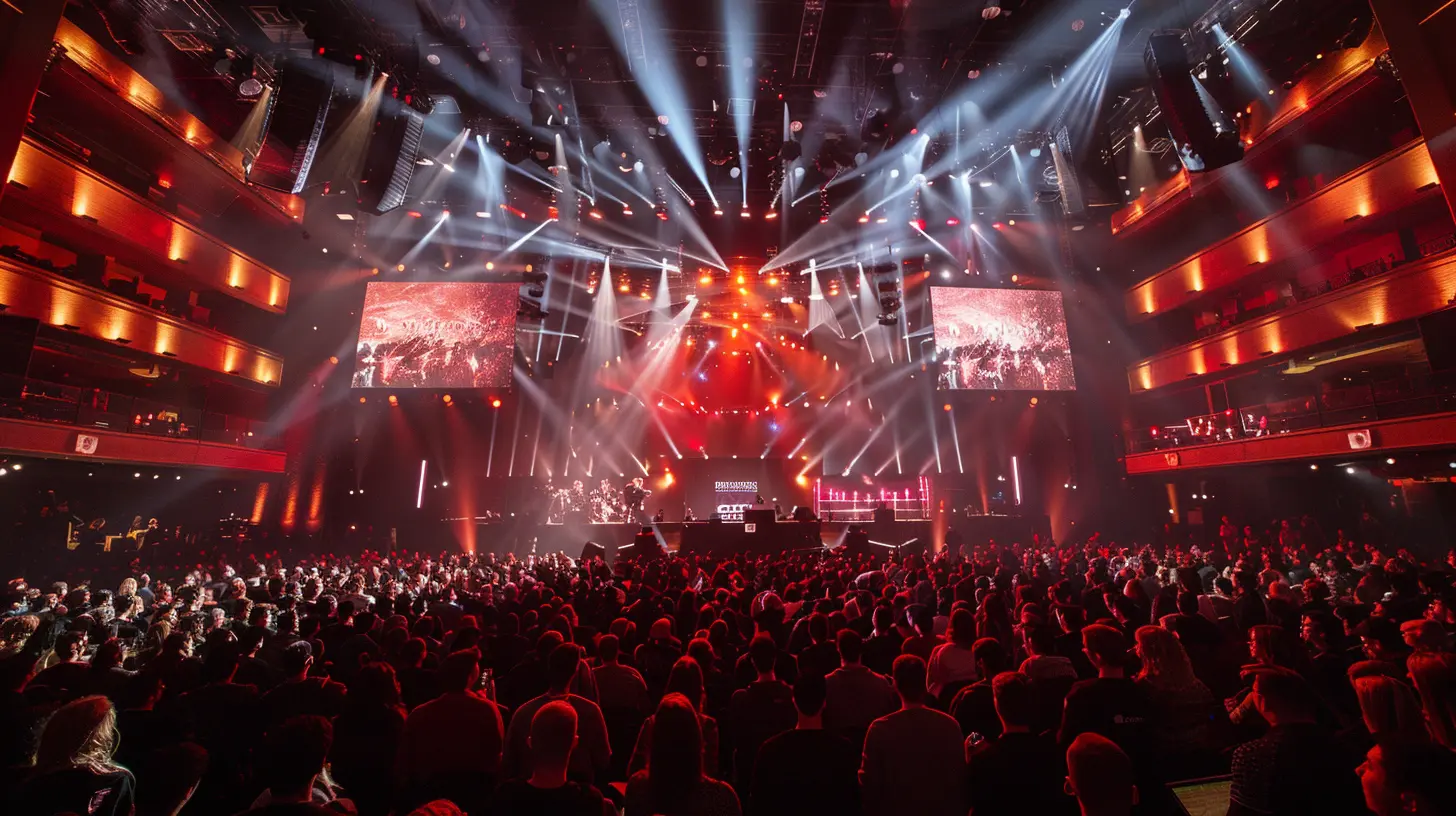
Esports: From the Sidelines to the Spotlight
For the uninitiated (aka your dad who still thinks gaming is about Mario rescuing Peach), esports is essentially professional gaming. Picture this: players, organized into teams or playing solo, competing in tournaments for jaw-dropping prize pools. Now add screaming fans, strategic gameplay akin to chess, and production value rivaling the Super Bowl. That’s esports for you.Esports isn’t just a fad; it’s a full-blown industry. A billion-dollar one, in fact. With games like League of Legends, CS:GO, Dota 2, and Valorant leading the charge, we’ve got events like The International and the League of Legends World Championship pulling in millions of viewers worldwide. And these aren’t casual viewers – they’re die-hard fans.
But what’s fascinating is how esports is shifting gaming culture to the mainstream. This shift also means that traditional game awards need to make room at the table for esports. After all, when millions of people are tuning in to watch two teams duke it out in Summoner’s Rift, you can’t ignore the impact. 
Why Esports Deserve Recognition in Game Awards
Let’s be real – game awards aren’t just about giving shiny trophies to developers and calling it a night. They’re a celebration of everything gaming represents: artistry, storytelling, technical innovation, and yes, competition. Esports, in many ways, embodies all of that.Here are a few reasons why esports deserves a VIP pass at game awards:
1. Innovation in Game Design
Esports games are designed with competitive play in mind. Developers invest enormous resources in balancing characters, tweaking mechanics, and ensuring that gameplay is as fair (and exciting) as possible. These aren’t your typical “play for fun” games; they’re strategic masterpieces. Recognizing esports in game awards highlights the incredible amount of work that goes into creating these competitive experiences.2. Community Building
Esports thrives on community. Whether it’s the teams, commentators, streamers, or fans, these games foster a sense of belonging on a global scale. When a game like Valorant gets recognized at an award show, it’s not just a win for Riot Games – it’s a nod to the millions of people who rally behind the game.3. Cultural Impact
Few aspects of gaming are as culturally influential as esports. Just look at how esports players have become celebrities, or how things like League of Legends’ Worlds anthem drop drive fans into a frenzy. Recognizing esports at game awards is like acknowledging the cultural fingerprints these games leave behind.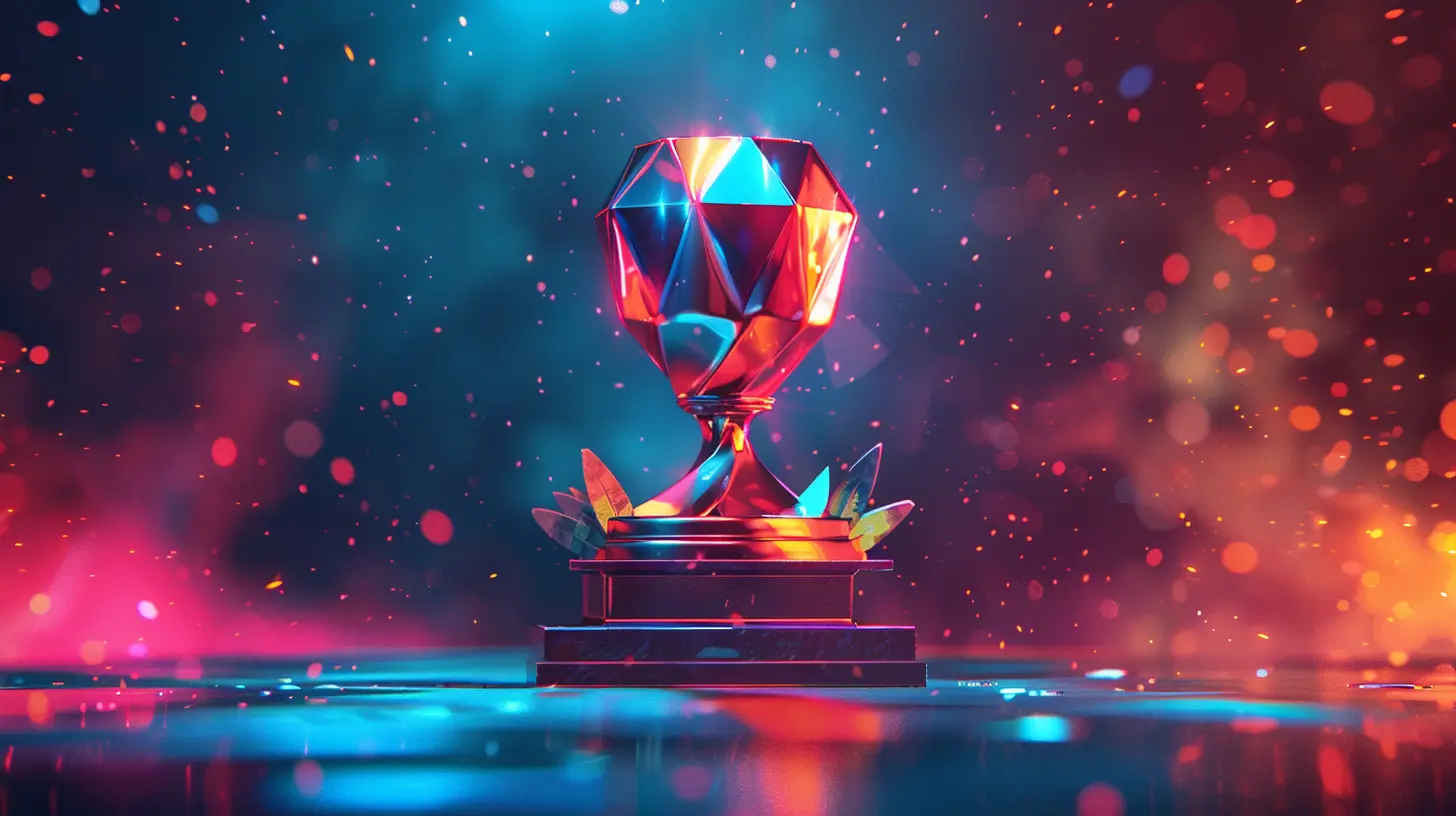
Esports-Specific Game Award Categories
One of the coolest things about esports’ rise in popularity is how it’s led to the creation of specific award categories. We’re no longer asking whether esports belongs in game awards; instead, it’s about how it fits in.Here are some esports-centric categories we’ve seen popping up:
Best Esports Game
This one’s a given, right? Awarded to games with exceptional multiplayer design, balanced mechanics, and a thriving competitive scene. Think League of Legends, Overwatch 2, and Valorant.Best Esports Event
Not all gaming events are created equal. Some, like The International, are so massive they break streaming records. Recognizing the best esports event celebrates not just the game but everything that makes the event spectacular: fan engagement, production quality, and sheer hype.Best Esports Athlete
Let’s not forget the players themselves. These folks train harder than some Olympians, dedicating their lives to being the best at their craft. Their recognition at game awards acknowledges the human element in esports.Best Esports Team
Teams like T1 (League of Legends) and OG (Dota 2) represent the pinnacle of teamwork and strategy. Awards for teams celebrate collaboration, skill, and the organizations supporting these players.
Esports and The Game Awards: A Case Study
It’s impossible to talk about esports and game awards without mentioning The Game Awards. Hosted by Geoff Keighley, this annual event is one of the most-watched gaming award shows in the world.Over the years, The Game Awards has carved out an impressive space for esports. It consistently includes categories like Best Esports Game, Best Esports Team, and Best Esports Athlete. And while debates rage over the inclusion or exclusion of certain games (cough where’s Rocket League?), it’s clear that esports is no afterthought.
What’s particularly noteworthy is how The Game Awards integrates esports content into its main program. Whether it’s showcasing esports highlights, featuring esports stars, or running esports-related ads, the line between traditional gaming and esports is becoming increasingly blurred.
The Challenges of Recognizing Esports in Game Awards
Okay, now let’s play devil’s advocate for a second. For all the strides esports has made, incorporating it into game awards isn’t without its challenges.1. Keeping It Relatable
Let’s be honest – not everyone understands esports. To a casual gamer, watching League of Legends can feel like learning rocket science. Game awards need to strike a balance between celebrating esports while making it accessible for the broader gaming audience.2. Avoiding Bias
Esports fans can be... passionate (read: argumentative). Award shows face constant scrutiny over their selection processes. Was the winning esports team truly the best? Did the awarded game deserve its spot? Navigating these passionate communities is no small feat.3. Staying Inclusive
Esports is growing, sure, but it’s still centered around a relatively small group of blockbuster games. Ensuring that smaller esports titles don’t get overshadowed is another hurdle for award shows.The Future of Esports in Game Awards
Here’s the big question: where do esports and game awards go from here? It’s safe to say that esports won’t just be a side note anymore. Instead, its role in game awards will deepen and expand as the industry grows.Imagine a future where esports tournaments themselves are a category – Best Overall Tournament Experience, for example. Or a collaboration between game awards and esports organizations to bring live matches to the award stage. There’s so much potential for blending gaming and esports into one seamless experience.
One thing’s for sure – with esports’ meteoric rise, it’s no longer just a part of gaming culture. It’s becoming the culture.
Conclusion
Esports isn’t just a genre of gaming – it’s a movement. As competitive gaming continues to dominate Twitch streams, pack stadiums, and produce millionaire teens, its presence in modern game awards feels less like an inclusion and more like an inevitability.By celebrating esports in award shows, we’re not just acknowledging the games or their developers; we’re shining a spotlight on the community, innovation, and cultural impact that esports brings to the table. Whether you’re a hardcore gamer who dreams of walking the Worlds stage or just someone who tunes in for the memes, one thing is clear: esports is here to stay, and it’s redefining how we celebrate games.

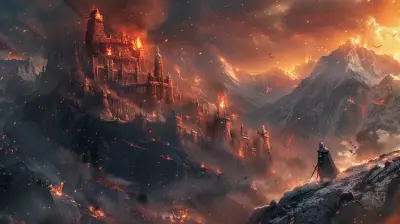

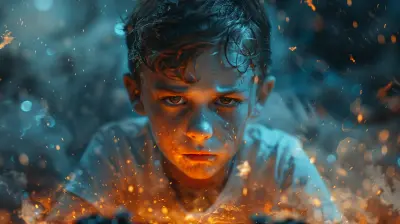
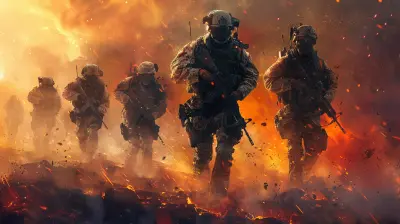

Will Adkins
Esports' integration into modern game awards highlights its cultural significance and competitive spirit, showcasing top talent and engaging diverse audiences, ultimately elevating the gaming industry's profile and community.
April 1, 2025 at 2:57 AM